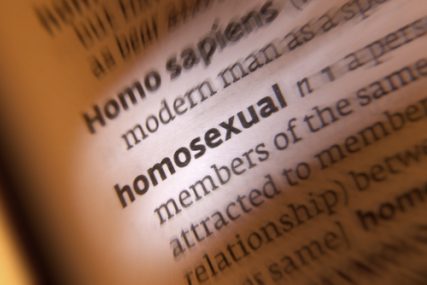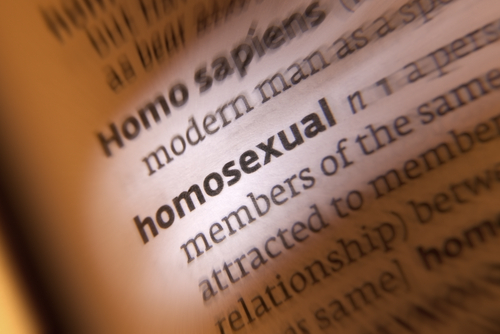 (RNS) Big changes are needed now in Jewish and Christian seminaries if those faith communities are going to survive and grow in an increasingly secular America. It is no longer good enough to offer the usual front-loaded academic menu that is top-heavy with courses of study locked in the past.
(RNS) Big changes are needed now in Jewish and Christian seminaries if those faith communities are going to survive and grow in an increasingly secular America. It is no longer good enough to offer the usual front-loaded academic menu that is top-heavy with courses of study locked in the past.
Of course, because Judaism and Christianity are thousands of years old, one cannot be a spiritual leader in either religion without a comprehensive study of past traditions.
That is why the usual seminary curriculum includes biblical texts and commentaries, post-biblical writings (think Talmud and the early church leaders), theological teachings of significant thinkers, mastery of ritual and liturgy, religious history, homiletics, youth and adult education, and proficiency in at least two of these ancient languages: Hebrew, Aramaic, Greek and Latin.
These basic studies are necessary for future rabbis, priests and ministers, but they are not sufficient in today’s society.
Three additional fields of study are required if freshly minted clergy are to be effective teachers of their religious traditions.
The first addition to seminary training is a study of sexuality in all its myriad forms. Future clergy need to learn what contemporary physical, social, historical, psychological, literary, legal, biological, and racial forces say about human sexuality — not just what their religion preaches.
Such a study requires team teaching with seminary faculty joining teachers from a host of other disciplines to make certain that seminary students will be sure-footed and knowledgeable as they confront the “brave new world” of sexuality. Without such training, millions of Americans in search of guidance on this critical aspect of being human will toss religions and their teachers into the dustbin of irrelevance.
Seminaries also need to intensify their instruction in professional ethics. The record of clergy misbehavior, and in some cases criminality, is a continuing cancer that is destroying the one precious commodity that all clergy need: the trust of those they serve.
The sordid scandals in both Christian churches and synagogues are almost always about sex, money and power, either singly or in some combination of the three.
Pope Francis recently created a tribunal to discipline bishops who have failed in their duties to report and end clergy sexual abuses. A prominent Washington, D.C., rabbi was recently sentenced to 6 1/2 years in prison for his criminal voyeurism of vulnerable women seeking conversion to Judaism. A well-known rabbi in New York City is currently under fire for allegedly inviting naked young boys in his congregation to join him in a sauna. The list of Protestant ministers who have engaged in sexual and financial misconduct is a long one.
Personal ethics, a core value of Judaism and Christianity, is often given short shrift in seminaries. That neglect must end in an era of expanding social media when widespread knowledge and discussion of clergy misbehavior is no longer off-limits or out of bounds. Everything is potential viral grist for the insatiable Internet.
Finally, seminarians need training courses in modern communications. The days when clergy simply delivered sermons and wrote articles in congregational newsletters are gone.
Today we have hundreds of other communication “platforms” that reach millions of people.
Technology allows people to “go global” and discuss any religious issue. They no longer require the clergy or the physical setting of a church or synagogue to explore spiritual concerns. A papal declaration, a rabbinical statement and a personal blog all look the same on a computer screen.

Rabbi A. James Rudin, the American Jewish Committee’s senior interreligious adviser, is the author of “Cushing, Spellman, O’Connor: The Surprising Story of How Three American Cardinals Transformed Catholic-Jewish Relations.” RNS photo of courtesy Rabbi A. James Rudin
Technology now provides “webinars” as opposed to traditional “seminars.” Webinars allow teachers to reach more students than they could ever reach in person during their entire careers.
A biblical commandment in Exodus reads: “Build me a sanctuary that I may dwell among you.” The text does not say God dwells in the sanctuary, but rather God dwells within the people assembled in the sanctuary. Today that sanctuary is as likely to be electronic as one constructed of bricks and mortar.
A seminary does a disservice if its students do not understand and use the expanding communication technology.
“The times, they are a changin’.”
(Rabbi A. James Rudin is the American Jewish Committee’s senior interreligious adviser. His latest book, “Pillar of Fire: A Biography of Rabbi Stephen S. Wise,” will be published by Texas Tech University Press this fall.)
YS/AMB END RUDIN





